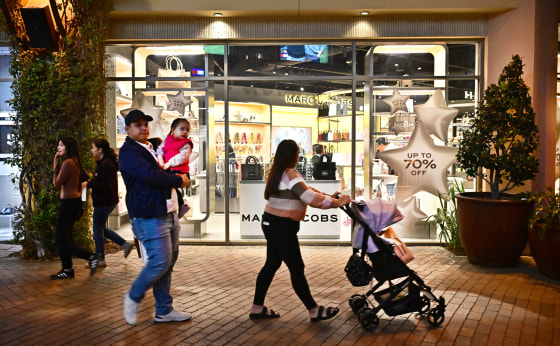
A lot of retailers in the United States are looking to get past the fall quarter. They appear to be motivated to do so by the clear-cut result of this month’s presidential election, which revealed a GOP sweep.
Best Buy announced on Tuesday that it has seen one of its worst three-month periods in the previous ten years, which CEO Corie Barry attributed in part to the “distraction” of the presidential election and a generally more unstable socioeconomic climate.
However, she noted that now that the referendum is done, the company is starting to notice a boost in holiday sales, with a particular demand for computers, tablets, and sales in its services division.
According to a press statement from Barry, we still see consumers looking for deals and value, but they are also prepared to spend money on expensive goods when necessary or when there is innovative, alluring technology.
The uncertain climate that most retailers are facing is reflected in Best Buy’s most recent results, which show its biggest quarterly profit “miss” of projections in over ten years.
Even while consumers are still having to deal with increased costs for groceries and daily necessities, polls and opinion indicate that any ambiguity around the election has subsided in recent weeks.
In comparison to October, Gallup’s monthly Economic Confidence Index survey increased by nine points this month. While the majority of Americans still believe that the economy is “getting worse” generally, the current number of -17 is the best since a -12 reading in August 2021, according to the research.
A six percentage point decline in “poor” evaluations was the main driver of the improvement, and 36% of survey participants thought the economy is improving, up from 32% in October. Compared to 62% last month, 55% of respondents felt it’s becoming worse overall.
The survey by Gallup was carried out from November 6 to November 20.
Although Democrats still had a net favorable view of the economy when compared to both Republicans and independents, the improvements in the index were highly partisan, with Republicans’ score rising 29 points during the poll period and Democrats’ dropping 10 points.
Additionally, optimism for family finances over the next six months reached a new all-time high in a second monthly consumer confidence index released Tuesday, which also soared to its highest level in almost 18 months.
Inflation predictions dropped to its lowest level since March 2020, and consumers predicted a recession for the first time in almost two years, according to the widely observed study from The Conference Board, a nonprofit organization that supports business. Expectations for job availability, on the other hand, rose to their highest point in nearly three years.
Abercrombie & Fitch, which is still experiencing a sales boom, was among those anticipating higher holiday sales on Tuesday. Instead of the 4.8% growth analysts had anticipated, the trendy clothing chain now anticipates a 5% to 7% increase in Christmas quarter sales, according to CNBC. Additionally, it raised its full-year sales growth forecast.
In a Tuesday earnings announcement, Burlington also reported a robust start to holiday sales. The outerwear store said it was “optimistic” about its expectations for the next quarter, but it still maintained a “cautious” stance overall.
Wall Street is responding to the more optimistic but cautious outlook: A retail-focused stock tracker that trades on the New York Stock Exchange is up 10% so far this month and is on course to have its best month since February, according to CNBC.
The U.S. economy is expected to grow at an annual rate of 2.2% during the next three months and 1.9% in the first quarter of 2025, according to the Philadelphia Federal Reserve’s quarterly survey of dozens of economic forecasters, which was released last week. This is more than the 1.7 percent forecasted in the previous study.
“The near-term outlook for the U.S. economy looks better now than it did three months ago,” it stated.
Note: Every piece of content is rigorously reviewed by our team of experienced writers and editors to ensure its accuracy. Our writers use credible sources and adhere to strict fact-checking protocols to verify all claims and data before publication. If an error is identified, we promptly correct it and strive for transparency in all updates, feel free to reach out to us via email. We appreciate your trust and support!
